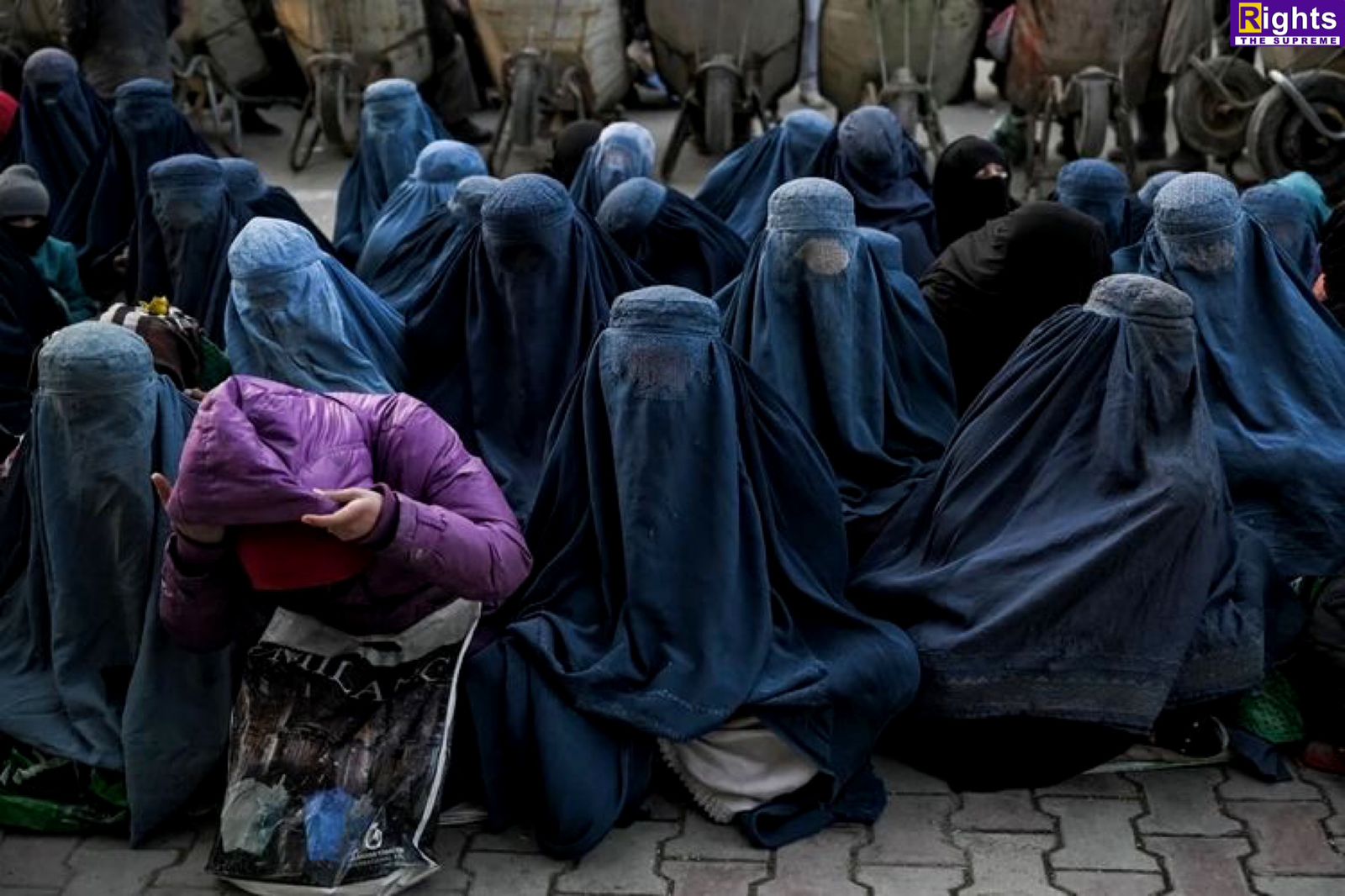In the northwest province of Herat in Afghanistan, the Taliban have made it illegal for families and women to eat at restaurants with gardens or green spaces.
In Afghanistan’s northwest Herat province, the Taliban have banned families and women from dining at restaurants with gardens or other outside areas, an official said on Monday. After complaints from religious leaders over gender mixing in certain settings, the decision was made.
According to Afghan officials, the limitations were put in place to prevent gender mixing or because women are reportedly not covering their heads with the hijab. The restriction currently only applies to restaurants in the province of Herat that have green spaces. Only restaurants in Herat, where such spaces are still available to males, are exempted from the restriction on outside eating.
A deputy official from the directorate of the Ministry of Vice and Virtue in Herat, Baz Mohammad Nazir, refuted media allegations that all restaurants were off-limits to families and women. According to him, it only applied to restaurants that had outdoor green space, like a park, where men and women might meet.
“After repeated complaints from scholars and ordinary people, we set limits and closed these restaurants.”
Baz Mohammad Nazir
However, he refuted claims that the province banned the sale of DVDs of foreign movies, TV shows, and music and claimed that shop owners had been advised against doing so since it went against Islamic principles.

According to Nazir, store owners who ignored the advice finally had to close their shops. However, he said that gaming arcades were now off-limits to children due to inappropriate content, contradicting claims in the local media that internet cafés had closed down in Herat. Certain video games made fun of the Kaaba, the cube-shaped building in the Great Mosque at Mecca that Muslims face when they pray, as well as other Islamic symbols.
“Internet cafes, where students learn and use for their studies, are necessary and we have allowed them,” he said.
Women’s behaviour and freedom have long been subject to severe Taliban regulations. Concerns have been raised about how the Taliban’s return to power in Afghanistan may affect women’s rights. Extreme limitations on women’s liberties and autonomy were a feature of the Taliban’s previous administration, which lasted from 1996 to 2001.
These restrictions included a prohibition on education and work. The Taliban have said that if they regain power in August 2021, they will uphold women’s rights within the confines of Islamic law. Many women and human rights advocates, however, are dubious of these guarantees and worry about a return to the stringent limitations of the past.

Women’s behaviour and activities are already subject to a number of Taliban restrictions, including a strict dress code that mandates burqas covering every part of body. In addition, women are forbidden from wearing makeup or polishing their nails, and they are forbidden from leaving the house without a male guardian. In addition to these limitations, there are worries about how the Taliban’s control may affect women’s access to jobs and education.
According to the Taliban, girls will be permitted to attend school, but only in a separate setting with female teachers and a strict dress code. The Taliban have not yet outlined any specific guidelines on women’s work prospects, therefore this matter is equally unknown.
Under the Taliban’s control, many Afghan women worry about their safety and their futures. In regions under their control, Taliban insurgents have been accused of sexual assault and forced marriages against women and girls, according to campaigners for women’s rights. Serious human rights violations, including as the repression of women and girls, were prevalent under the Taliban’s former administration.
To guarantee that women’s rights are upheld and that they are not exposed to more oppression and brutality, the International community must continue to be on guard and make the Taliban responsible for their deeds.

